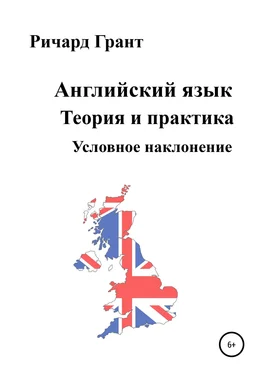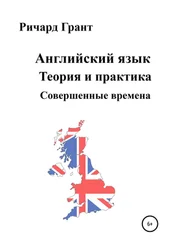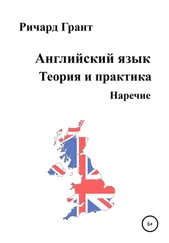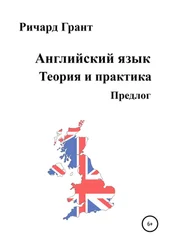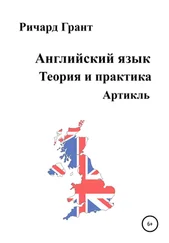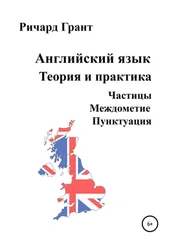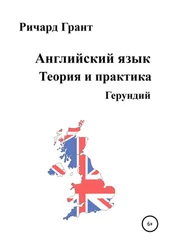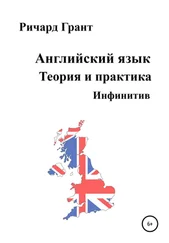I could become a famous musician if I were able to play the guitar. – Я мог бы стать известным музыкантом, если бы я умел играть на гитаре.
– Третий тип (third conditional) – используется, когда речь идет о завершенных действиях или бездействии.
Структура условных предложений третьего типа
Условная часть предложения – Основная часть предложения
If + Past Perfect – would have + 3-я форма глагола
If we had set off earlier, we wouldn’t have missed the train to Morocco. – Если бы мы выехали раньше , мы бы не опоздали на поезд до Марокко . (мы не выехали раньше и пропустили свой поезд)
Внимание!
В основной части условного предложения третьего типа вместо would можно использовать модальный глагол could или might.
Sam might have told you the truth if you had invited him to the party. – Сэм возможно сказал бы тебе правду, если бы ты пригласил его на вечеринку . (ты не пригласил его на вечеринку и не услышал правды)
– Смешанный тип (mixed conditional) – это предложения в которых основная часть предложения относится к одному типу, а условная – к другому.
Структура условных предложений смешанного типа
Условная часть предложения (second type) – Основная часть предложения (third type)
If + Past Simple – would have + 3-я форма глагола
Условная часть предложения (third type) – Основная часть предложения (second type)
If + Past Perfect – would + смысловой глагол без частицы to
She would have met lots of new friends in the summer camp if she were a little friendlier. – Она бы завела много новых друзей в летнем лагере, если бы была немного дружелюбнее. (но она так ни с кем и не познакомилась, потому что не особо дружелюбная)
We would eat some really nice turkey now if my sister hadn’t forgotten to buy it in the supermarket. – Мы могли бы сейчас есть очень вкусную индейку, если бы моя сестра не забыла купить ее в магазине . (но мы сейчас не едим индейку, потому что в прошлом сестра ее не купила)
Внимание!
Вместо would можно использовать модальный глагол could или might.
If you were taller, you could have tried to participate in that basketball game. – Если бы ты был выше, ты бы мог попытаться принять участие в той баскетбольной игре . (но ты не настолько высокий, чтобы иметь возможность это сделать)
If he had invested his money into bitcoins a few years ago, he could be a very rich man now. – Если бы он вложил деньги в биткоины несколько лет назад, сейчас он мог бы быть очень богатым человеком . (но он не вложил деньги в прошлом и поэтому сейчас небогат)
Упражнение 1
Раскройте скобки, используя глагол в нужной форме.
If he (come) tomorrow, he will help us. – If he comes tomorrow, he will help us .
If he (come) tomorrow, he would help us. – If he came tomorrow, he would help us.
If he (come) yesterday, he would have helped us. – If he had come yesterday, he would have helped us.
1. If it ( to rain) tomorrow, our game will be cancelled. 2. If you ( put) salt on ice, it will melt. 3. If you met the president, what you ( do)? 4. She ( notice) this mistake if she had been more attentive. 5. If he ( book) tickets yesterday, he ( lie) on the beach now. 6. If he were not such an outstanding actor, he ( not to have) so many admirers. 7. If you ( not to buy) coffee, we will drink tea. 8. If my brother ( to be) in trouble, I will help him, of course. 9. If it ( to snow), the children will play snowballs. 10. If she ( to ask) me yesterday, I would certainly have told her all about it. 11. If you were on a hijacked plane you ( to attack) the hijackers? 12. I am sorry that you do not read English novels; if you ( to read) them, I ( to lend) you some very interesting ones. 13. If he ( leave) now, he will miss the rush hour. 14. If he ( live) nearer, we would see each other more often. 15. I might have gone on an excursion with you if I ( know) about it beforehand.
Упражнение 2
Раскройте скобки, используя глагол в нужной форме.
1. She ( not forgive) him if she ( not be) his mother. 2. If you ( to give) me your address, I will write you a letter. 3. If he is free tomorrow, he certainly ( to come) to our party. 4. If I don’t manage to finish my report today, I ( to stay) at home tomorrow. 5. If I ( not to know) English, I would not be able to enjoy Byron’s poetry. 6. If you ( to do) your morning exercises every day, your health would be much better. 7. If a dog ( to bite) her on the leg, she would go straight to hospital. 8. If they were on a hijacked plane, they ( to stay) calm and probably ( to survive). 9. You say that you did not read yesterday’s papers; if you ( to read) them, you ( to see) the announcement of Professor X’s coming to our town. 10. Provided that she ( service) the car, we'll be able to drive to the country. 11. I might go for a walk if the weather ( be) nice. 12. If we ( know) that you were there, we would have called on you. 13. If you ( drink) less last night, you ( not feel) so bad today. 14. If she ( not to be) so absent-minded, she would be a much better student. 15. My brother would not have missed so many lessons if he ( not to hurt) his leg.
Упражнение 3
Читать дальше
